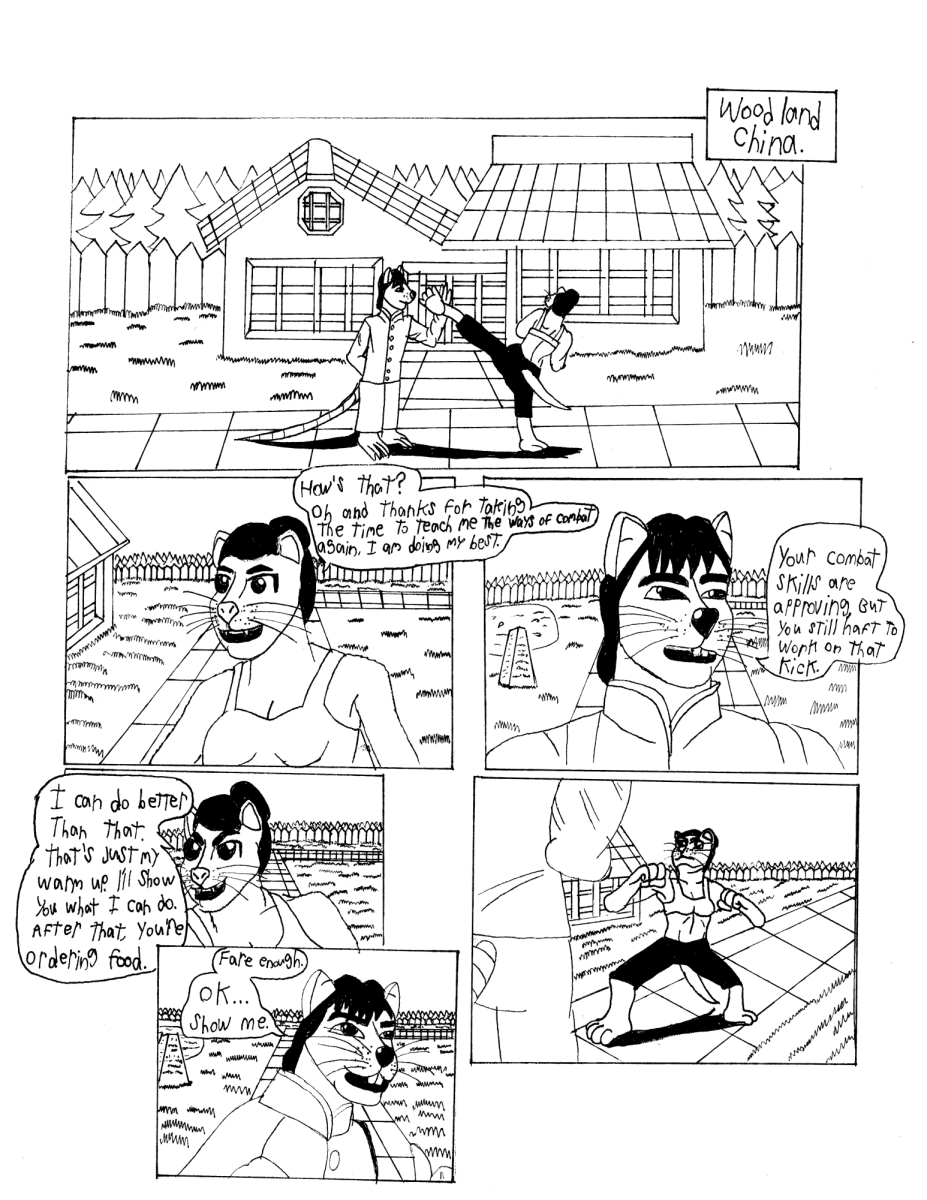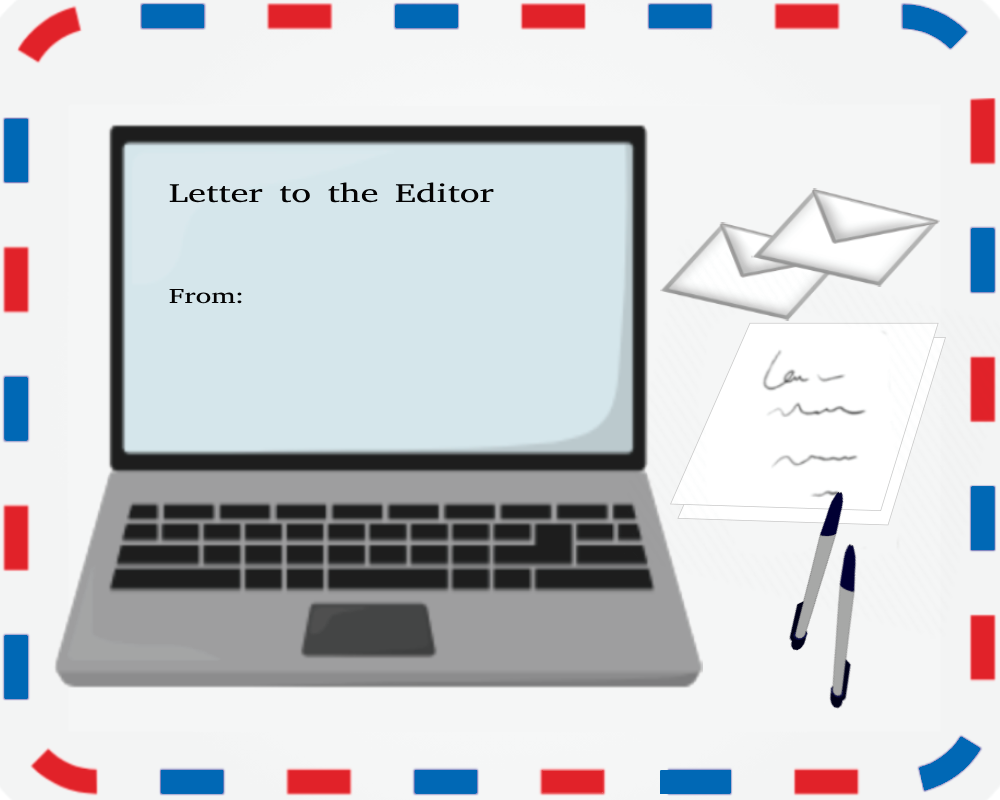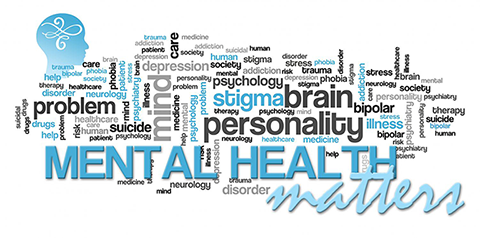What’s not to stress about?

Photo by TNS
There is enough stress to go around for everyone. In this age of social media, stressors are dished out faster than many of us care to keep up with. From one swipe to the next lies the possibility of extremely devastating news. So, since stress is inevitable, the question is how do we manage it? How do you manage it? MATC psychology instructor Beth Hoynik answered a few stress-related questions for our readers:
Times: What are some everyday things that a person can do to minimize their stress levels?
Hoynik: “We all experience those times when stress, or a compromise in our ability to handle the adverse, demanding circumstances beyond our coping resources, overwhelms us. As we all become more dependent on our devices, we have come to realize that multitasking or dealing with greater than one task at the same time, produces cognitive stress or information overload. To minimize personal stress levels, first, envision things differently; prioritize, organize, and focus on what is really important to you … also, proper diet, nutrition, sleep and exercise.”
Times: How does a person know when the stress that they are experiencing has become unhealthy?
Hoynik: “Feeling off? Things just not right? Stress could be playing a role in our physiological and psychological, mind-body, well-being. Physical symptoms such as muscle tension, aches and pains, insomnia, appetite changes, upset stomach, and headaches may be indicators of unhealthy stress levels necessitating a visit to the doctor. Psychological symptoms such as depression, anxiety, irritability, lethargy, fear, frustration, sadness and anger may also be indicators of unhealthy stress levels, prompting us to pursue various personal coping strategies or professional counseling assistance.”
Times: What are your suggestions for a person who feels overstressed?
Hoynik: “From the first class, my students are invited to turn off their devices and leave all their competing stressful demands outside the door …if only for class time! Briefly letting your mind wander or daydreaming allows positive imagery and creativity to prosper. Quieting your mind through focused breathing, relaxation techniques and meditation also focuses on stress level reduction. Last, get moving …walking, exercising, yoga, tai chi … to rebalance your mind and body!”
We may not be able to choose the catalyst for our stress, but we can choose how we manage it. Stress has a way of making things feel out of control. Control what you can. When was the last time you took inventory of your thoughts and daily habits? Susan L. Taylor puts it, “Stress and worry, they solve nothing. What they do is block creativity. You are not even able to think about the solutions. Every problem has a solution.” Stress ties up our resourcefulness. Oftentimes solutions are closer than we think once we take a moment to pause, to reflect on where we are in the present moment. Then we can move forward with more clarity and hopefully more peace.





































































